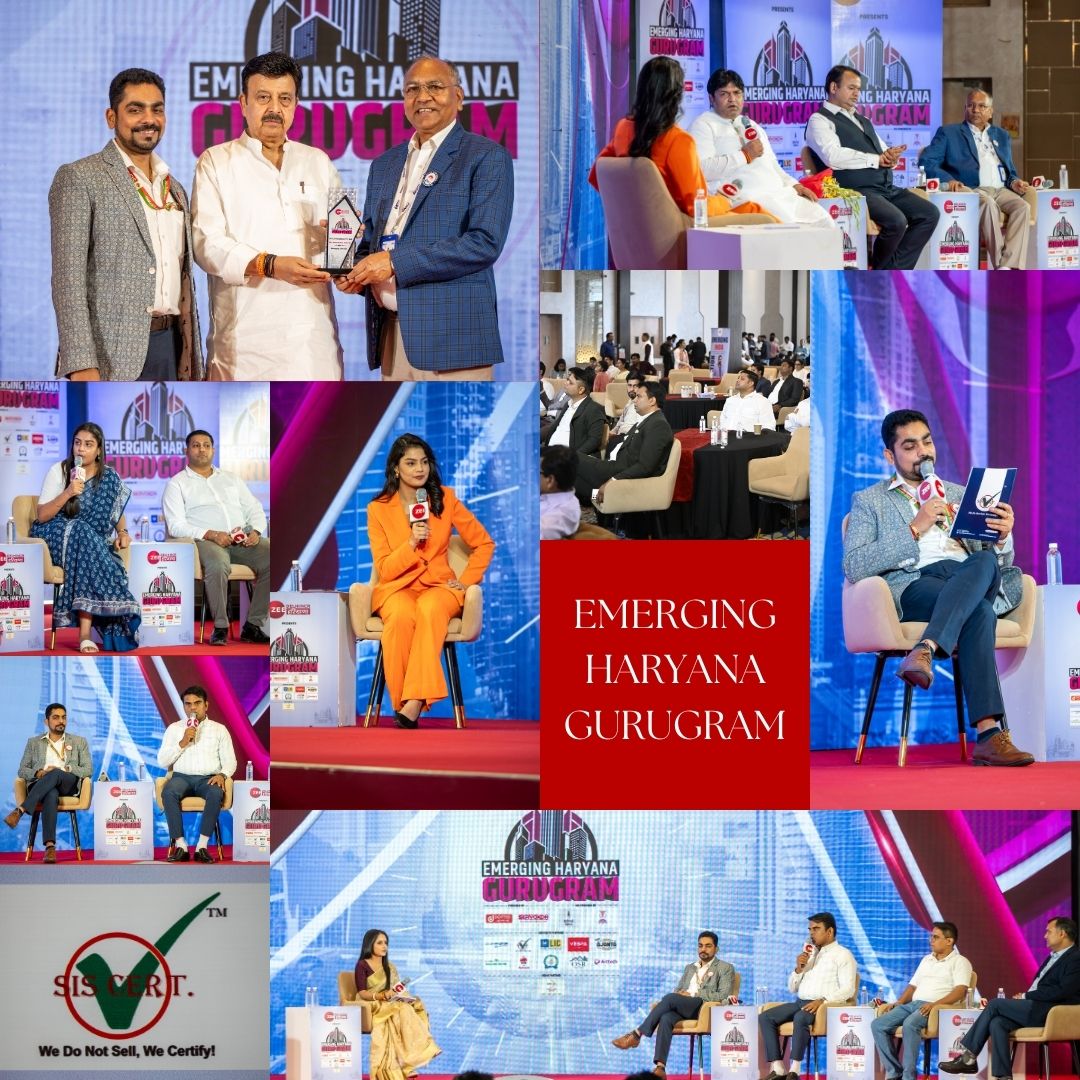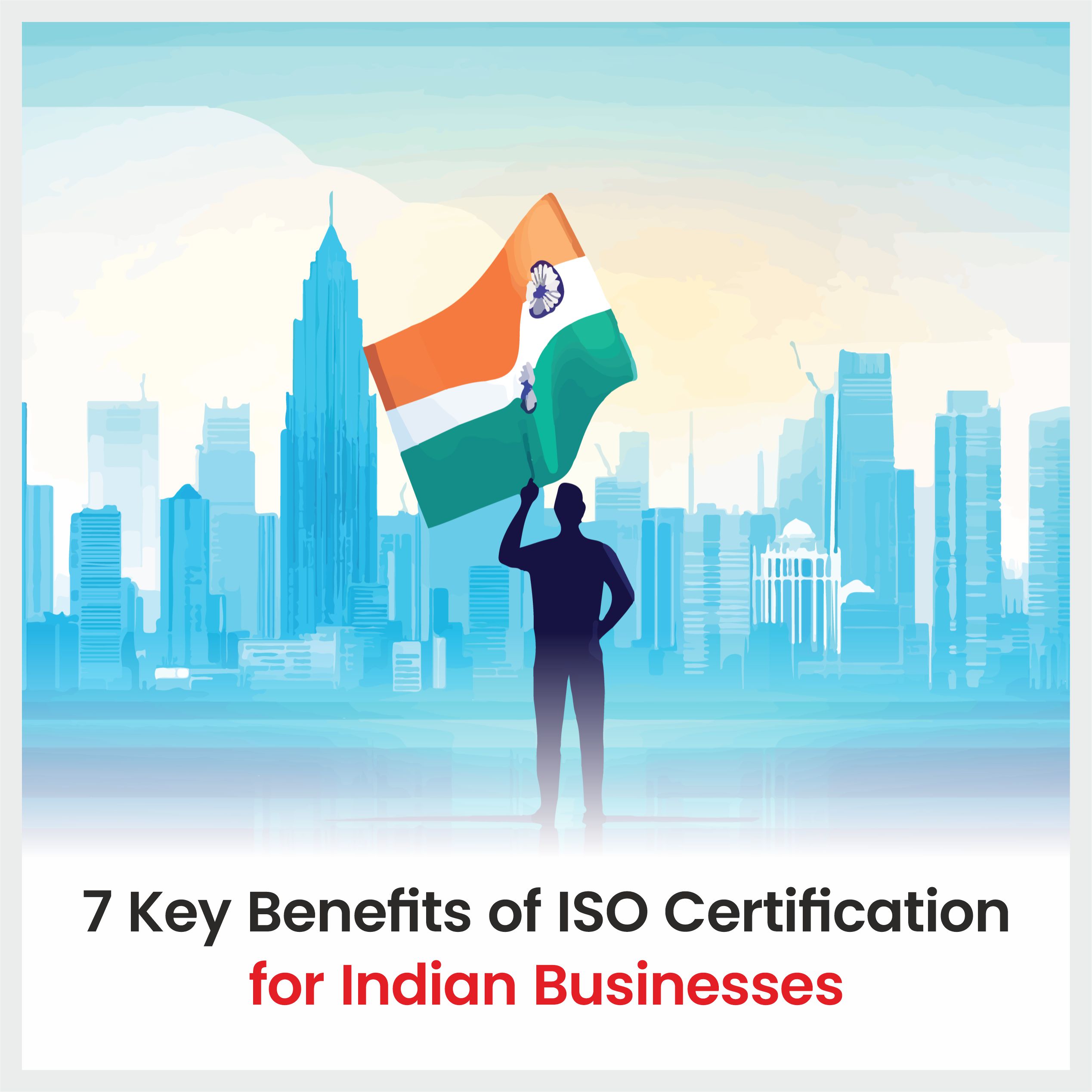On April 20, 2025, Zee Haryana hosted an insightful panel discussion titled Emerging Haryana: Gurugram, spotlighting the rapid urbanization, infrastructural evolution, and socio-political challenges facing one of India’s fastest-growing cities. Held in Gurugram, the event brought together an eclectic mix of leaders, including politicians, educators, entrepreneurs, and policy influencers to deliberate on the city’s developmental trajectory.
Gurugram: The Engine of Haryana’s Growth
The show kicked off by positioning Gurugram as the economic engine of Haryana. As Shivangi, one of the hosts, noted, “If Haryana is a car, then Gurugram is its engine.” Once a sleepy suburb, Gurugram has transformed into a symbol of rapid urbanization, thanks to the boom in infrastructure, real estate, and corporate investment. But with growth comes responsibility-and challenge.
Urban Waste and Environmental Issues
MLA Mukesh Sharma laid emphasis on the environmental repercussions of urban growth, especially the burden of solid waste at Bandhwari landfill, which not only serves Gurugram but also Faridabad. He stressed the need for decentralized waste processing systems and the importance of citizen participation:
“We must begin cleanliness from our homes… We’ve placed dustbins in markets like Sadar Bazaar and have encouraged every household to contribute.”
He also spoke about plans to designate the village near Bandhwari as an “Adarsh Gaon” (Model Village), acknowledging the hardships faced by residents living near the landfill.
The Education Perspective: Holistic and Inclusive
Educationist Pradeep Kaushik highlighted how Gurugram’s development needs to extend beyond infrastructure to include quality education for all. He lauded the government for offering jobs without corruption and stressed how employment opportunities could reinvigorate trust in public schooling:
“When youth from small towns secure government jobs without bribes, education gains new respect.”
He advocated for policy reforms that support budget schools, inclusion of underprivileged students through schemes like RTE (Right to Education), and investment in digital infrastructure like e-libraries and tablets for students.
Business, Industry & the Role of International Standards
PK Dvivedi, a seasoned entrepreneur and standards consultant, added a crucial dimension to the discussion by emphasizing how industrial efficiency in India still lags due to poor internal systems:
“95% of industries still operate in an unorganized fashion. Without defined, scientific systems of working, we can’t improve our output or efficiency.”
He advocated for the adoption of ISO standards to bring professionalism and competitiveness to Indian industries. According to him, adopting international best practices would not only enhance product quality but also accelerate India’s journey from an emerging to a developed economy.
The Real Estate Boom: Opportunity and Oversight
Gurugram’s skyline is a testament to its real estate boom. But rapid growth has triggered regulatory and environmental concerns. Mukesh Sharma pointed out that while Gurugram is expanding with developments like the Global City Project on 1000 acres, there are recurring issues of illegal construction and encroachment, particularly near the Aravallis:
“Global City will have dedicated zones for industries, education, and residential living. We envision it as a futuristic township for the world to see.”
Still, the show did not shy away from discussing the flip side-buyers waiting for possession for nearly a decade due to delays and lack of occupancy certificates.
Flats and Housing Woes: A People's Struggle
Housing in Gurugram has turned aspirational and, in some cases, frustrating. Thousands of buyers have made 90% payments and yet await possession. The MLA acknowledged these issues, committing to introducing legislation for flat registration and basic amenities:
“Currently, registry happens only for floors, not flats. We aim to regularize these flats soon, ensure basic facilities, and boost revenue in the process.”
Affordable Housing: Still a Dream for Many
Real estate stakeholders like Mandeep Yadav and Rajesh Tripathi underscored a critical issue-affordability. While Gurugram might resemble Dubai in planning, owning a home here remains out of reach for many:
“Today, 70-80% of people still can’t afford a home in Gurugram,” said Tripathi, advocating for revised policies and reduced land costs.
They emphasized the need for single-window clearance for projects and faster approvals to reduce holding costs, making projects more affordable for end-users.
Ensuring Quality Through Certifications: The SIS Approach
A key voice on the panel was Arunendra Dvivedi, Managing Director of SIS Certifications Pvt. Ltd., who brought to light the critical role of international standards in shaping the future of Indian industry and public governance. His message was clear and resolute: development without adherence to defined, ethical frameworks is short-lived.
Arunendra Dvivedi introduced his organization’s foundational philosophy:
“We do not sell. We certify.”
“This is not just a slogan-it reflects our commitment to ensuring that any organization we certify meets a globally recognized benchmark. Certification is not a label; it is a responsibility.”
Established in 2013, SIS Certifications has grown into a globally respected certification body, operating in over 50 countries and serving clients like State Bank of India and Max Life Insurance. The company is accredited by IAS (International Accreditation Services), and its core strength lies in offering audits and certifications for a wide array of ISO standards such as:
ISO 9001 – Quality Management
ISO 14001 – Environmental Management
ISO 45001 – Occupational Health & Safety
ISO/IEC 27001 – Information Security
…and numerous others across sectors including food, IT, and manufacturing.
He emphasized that certification must go beyond documentation—it must ensure process improvement, operational compliance, and long-term efficiency:
“Every audit is a chance to elevate not just an organization’s reputation, but its internal functioning. It’s about accountability and continuous improvement.”
A Book for the Nation: ‘Emerging India’
During the panel, Arunendra Dvivedi also unveiled a significant initiative-his newly authored book titled “Emerging India: A Handbook of Solutions to Industrial Challenges.” He described the book as a blueprint for addressing operational gaps in Indian industry using the lens of ISO compliance and good governance.
“Everyone talks about problems. We decided to write a book about solutions. This book is a starting point-a guide for MSMEs, policymakers, and educational institutions to understand how systemic development works. If the backbone of an organization is fixed, the body can move freely.”
The book outlines not only the importance of adopting ISO frameworks but also highlights how regulatory bodies can embed monitoring systems to ensure actual compliance—not just paperwork.
Dvivedi added:
“Governments make rules, but the challenge is in monitoring and implementing them with integrity. Whether it’s the BJP, Congress, or any government-there must be mandatory compliance systems in place for every organization working in public interest.”
India: An Emerging, Not Emerged, Nation
From his experience working in over 50 countries, Arunendra pointed out that India, while progressing rapidly, is still an “emerging” nation. He cited examples from the Gulf-Dubai, Saudi Arabia, Bahrain-where standards in construction, safety, infrastructure, and governance are strictly enforced, making their cities efficient and globally admired:
“In those countries, following international standards isn’t optional-it’s ingrained. That’s why their systems work seamlessly. India must adopt a similar approach.”
He called on industries, government departments, and educational institutions to embrace ISO and other global compliance standards as a catalyst for transforming India into a truly developed nation.
“Emerging India is not about copying the West—it’s about setting global standards from Indian soil, for Indian industries, and showing the world how compliance and quality can lead to sustainable growth.”
This extended section further enriches the article, adding depth to Arunendra Dvivedi’s contributions and presenting SIS Certifications not only as a service provider but as a thought leader in India’s journey toward structured, ethical development.
R.S. Bhatt: The Ground-Level Enforcer of Change
R.S. Bhatt, appointed as the district nodal officer by the government, offered a direct and detailed insight into how his team is reclaiming Gurugram from encroachments and reshaping it into a model city:
“There was always confusion-MCG said it’s not their jurisdiction, GMDA said the same. Now, as nodal officer, I coordinate across departments. Strong implementation is our only path forward.”
Bhatt shared that over 60 acres of government land had already been reclaimed on Golf Course Extension Road and 15 lakh rupees in fines were collected from Sadar Bazaar encroachments in just two days:
“If we want Gurugram to be a true Millennium City, the transformation must start from ground zero.”
He emphasized that better roads, clear green belts, and decluttered markets would attract more businesses and improve citizen life:
“Next 6 months, we aim to show at least 15 transformed examples on the ground—that’s how implementation should look.”
Bhatt also stressed the need for better industrial zoning and cluster-based planning to ease access and logistics, especially for MSMEs:
“Ease of access is vital. Only then will ease of doing business truly follow. This is not just about licenses but about livability.”
Business Evolution and MSME Support
Businessman Pawan Yadav reflected on the evolution of India’s entrepreneurial spirit:
“The post-1990 era changed everything. Today, the youth are ready. With schemes like Startup India and simplified loan facilities, MSMEs are thriving.”
He compared India’s trajectory with that of China, underscoring the importance of creating industrial clusters, improving infrastructure, and organizing international exhibitions to support local innovation.
Opposition’s Voice: Congress’ Take on Governance
The show concluded with political balance as Congress leader Dr. Vipin Sangwan took the stage. He critiqued the current government’s shortcomings in addressing infrastructural and social concerns, and raised internal issues plaguing his own party.
He emphasized:
“Leadership should be earned, not inherited. The Congress needs grassroots leaders who empower the cadre and uphold the ideals of public service.”
Dr. Sangwan also called for internal party reforms, transparency in ticket distribution, and stronger organizational unity ahead of upcoming elections.
Ritu Kataria: On Empowering Women and Changing Mindsets
Social worker and advocate Ritu Kataria brought an important dimension to the discussion: the mental and societal barriers to women’s empowerment. She stressed that the biggest obstacle was not opportunity or ability, but mindset:
“Even when women push forward and lead from the front, regressive thinking pulls them two steps back. We need to stand with them, give them strength, and support them fully.”
Ritu emphasized that real change will come when society stops viewing women through a narrow, patriarchal lens and begins to offer equal respect and opportunity to every daughter and sister, irrespective of caste, creed, or religion:
“A woman is Shakti-the embodiment of strength. She only needs your support and encouragement to rise. When we change our thinking, we bring the Prime Minister’s vision of women-led development to life.”
Cabinet Minister Rao Narbir Singh: A Vision of Strong Governance and Bold Infrastructure
In a much-anticipated segment of Emerging Haryana: Gurugram, Cabinet Minister Rao Narbir Singh took the stage to thunderous applause. Known for his candid demeanor and sharp administrative vision, Singh offered a holistic view of Gurugram’s transformation-past, present, and future.
On Governance and Encroachments
Rao Narbir Singh began by addressing the issue of illegal encroachments across Gurugram, especially on government lands. He acknowledged the inefficiencies caused by overlapping jurisdictions-GMDA, HSVP, and Municipal Corporation-and described how he took decisive steps to resolve the problem:
“I appointed R.S. Bhatt as a nodal officer across all three agencies to tackle illegal encroachments systematically. When responsibility is clear, action becomes easier.”
He cited thousands of crores worth of government property that had been encroached upon and emphasized a centralized approach to reclaim and preserve public land.
On Infrastructure and the Sohna-Gurugram Elevated Road
Rao Narbir Singh shared a proud moment from his tenure-the Sona-Gurugram Elevated Road, a ₹2000 crore infrastructure project completed under his earlier ministership:
“It used to take over an hour to reach Sona from Rajiv Chowk. Now, thanks to the elevated highway, the journey is barely 17–18 minutes.”
He revealed ongoing plans to build an additional elevated route from Vatika Chowk to NH-48, including multiple flyovers extending to Ghata Chowk, aimed at decongesting Gurugram and ensuring seamless airport connectivity:
“Once this corridor is complete, people from Terminal 3 will reach Ghata Chowk in just 30 minutes-non-stop.”
Global City: A Mini Singapore in the Making
When asked about Global City, a long-anticipated mega project, Singh confirmed that work had not only begun but was progressing well. The ₹987 crore project is being executed in phases over 1,000 acres, with 20% already completed:
“We’re building a self-sustained city—complete with residential complexes, education hubs, IT parks, markets, and green zonies. People won’t need to step out for anything. This will be our Mini Singapore.”
He highlighted the use of underground tunnels for utilities, international-quality roads, and integrated design that ensures minimal traffic and maximum efficiency.
Jungle Safari Project: Haryana’s Wild Vision
One of Singh’s most passionate projects is the development of an international-standard jungle safari near Gurugram. After a recent visit to VanTara-a world-class animal rehabilitation center inaugurated by PM Modi-Singh was deeply inspired:
“What they have done for animals there, even humans don’t get such facilities in Gurgaon. It made me emotional. That’s the kind of standard I want to replicate.”
He is advocating for Public-Private Partnership (PPP) to bring the safari to life, envisioning it as a recreational, conservation-focused destination with world-class care for animals:
“Animals are voiceless. If we don’t serve them well, they too will curse us. This safari must not only be a tourist destination but also a sanctuary where animals live in dignity.”
Conclusion: Gurugram at the Crossroads
The Zee Haryana event portrayed Gurugram as a city both empowered and encumbered. It is home to India’s top MNCs, has a growing startup culture, and boasts advanced infrastructure. But it also faces classic urban challenges-waste management, housing woes, affordability issues, and governance gaps.
What stood out is the shared sentiment among all stakeholders-the desire to make Gurugram not just a “rich city,” but a “right city.” A city where development is inclusive, sustainable, and globally benchmarked.




